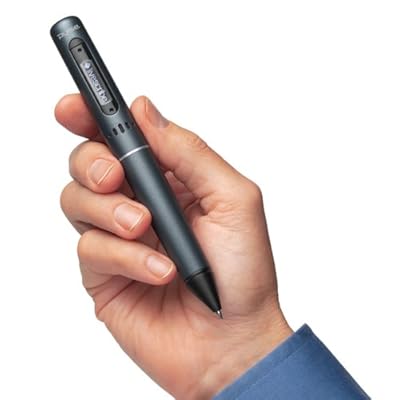I recently asked book publicist
Lorna Garano "What are the basic publicity tools every new nonfiction book author needs?" She quickly listed six things:
1. A press kit.
And it should be good. Good writing, good photography, good graphic design and good printing. Have hard copies for mailing and handing out, and a soft-copy PDF on your website for downloads.
The press kit should include, at a minimum:
a. Your "story" and bullet points about you
b. Your bio and a head-shot (photograph) taken by a professional or talented amateur
c. A list of suggested interview questions. Write the list in the form of a Q and A, and include full answers. Some interviewers will read the questions verbatim during interviews.
d. Raves about you and about your book
2. A web site for your book or a dedicated page for the book on your existing web site
3. At least 3 targeted press releases to niche media
4. A blog
5. An e-marketing piece (either a regular e-newsletter or some other regular email)
6. Video (on your web site)
Note: This list is for nonfiction books, and not for fiction. Fiction books have different publicity and promotion needs.

